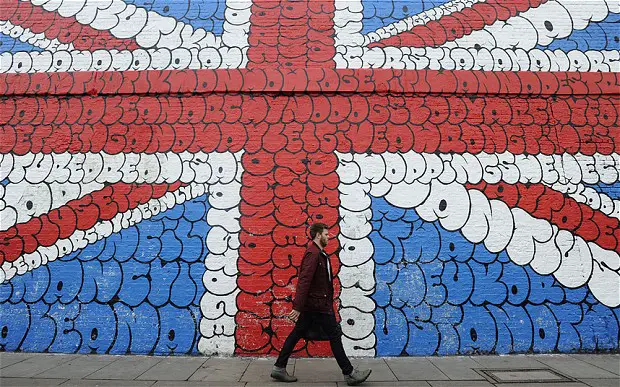The continuation of the robust growth seen in Britain's economy for the past three years is under threat, according to analysts.
The surprisingly poor purchasing managers' index (PMI) figures for the services sector released on Thursday defied consensus expectations among experts to record a fall from 55.6 to 52.7 (above 50 indicates growth).
The services sector is by far the most dominant sector of the country's economy, representing about 79 per cent of gross domestic product (GDP), and the decline in the PMI figure suggests a slowdown in growth for the first quarter of this year.
When read with the PMI figures for manufacturing on Tuesday, which recorded a fall to 50.8 from 52.9, and for construction on Wednesday, which fell to 54.2 from 55, it indicates that the economic recovery in Britain is rapidly losing steam, and is consistent with growth of about 0.3 percent per quarter against the 0.5 percent per quarter seen in the final quarter of 2015.
Andrzej Szczepaniak, an economist at Barclays, said in an analysis note that firms are reportedly concerned about financial market jitters and increasing uncertainty regarding the outcome of the country's EU membership referendum on June 23.
The uncertainty over the result of the EU membership referendum is cited as a factor in the decline in the rate of growth by many commentators. However, despite the poor PMI figures there are still indicators that growth remains strong in Britain's economy.
Economists pointed to continued strong retail spending, as households enjoy above-inflation pay rises for the first time since the financial crisis and also the benefits of reduced consumer prices off the back of low oil prices.
In addition the unemployment rate is low, and there is no indication of job losses in the future.
James Knightley, senior global economist at ING bank in London, said: "It is possible that a combination of global growth concerns and Brexit worries are starting to act as a drag on the UK economy."
The lacklustre PMI figures are likely to have an impact with the members of the rate-setting Monetary Policy Committee of the Bank of England.
The members voted at the last meeting in February not to raise rates from the historic low of 0.5 percent, and this week's figures are likely to bolster this dovish stance.
Allan Monks, economist with JP Morgan, commented that the current growth backdrop would mean a slower pace of tightening by the BOE.
Monks said that as a result JP Morgan had pushed back the timing of the first BOE tightening from the fourth quarter of 2016 to the first quarter of 2017.
"As before, the timing of this call depends a lot more on two great uncertainties this year: the possibility of Brexit, and downside risks to the global outlook. Incoming news on either of these two factors matters more for the view than near-term wobbles in the data," said Monks. Enditem
 简体中文
简体中文





